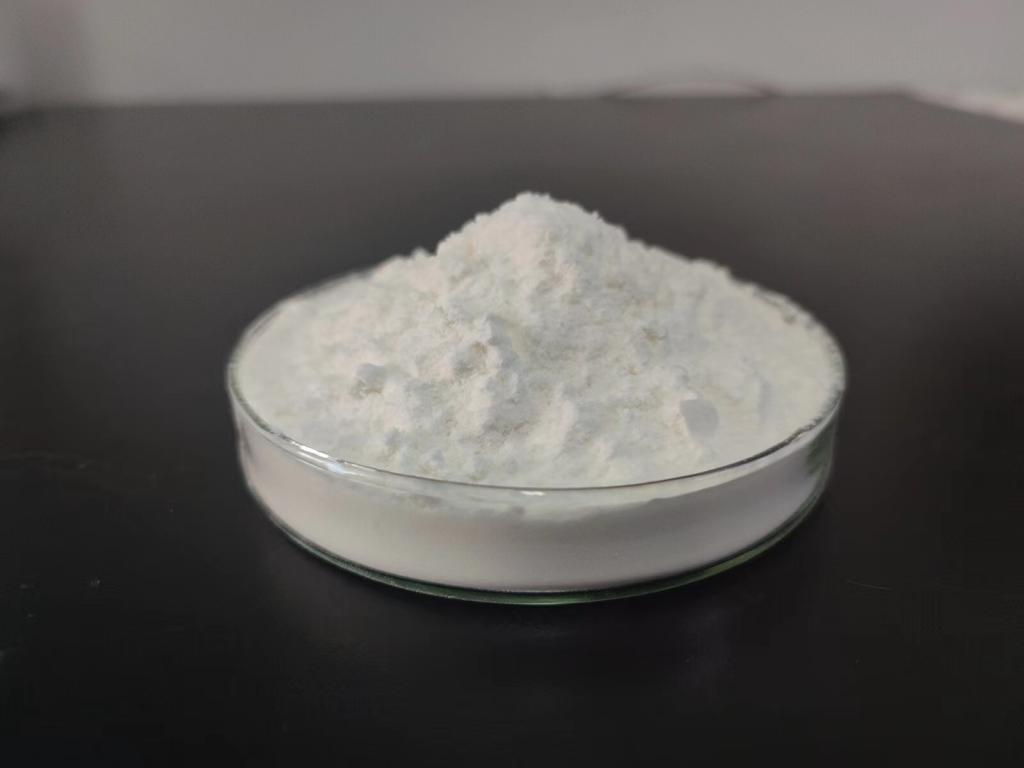Tel:+8618231198596

News
 CONTACT
CONTACT
 CONTACT
CONTACT
- Linkman:Linda Yao
- Tel: +8618231198596
- Email:linda.yao@dcpharma.cn
- Linkman:CHARLES.WANG
- Department:Overseas
- Tel: 0086 0311-85537378 0086 0311-85539701
News
Potential applications of ε-Polylysine hydrochloride in addressing food safety concerns.
TIME:2023-08-25
Introduction:
Food delivery services have experienced exponential growth, catering to the increasing demand for convenient dining options. While these services offer accessibility and variety, they also introduce concerns regarding food safety. Maintaining the quality and safety of food during transit and delivery can be challenging due to temperature variations, handling practices, and prolonged transportation times. ε-Polylysine hydrochloride, with its antimicrobial properties and shelf-life extension capabilities, presents a promising solution to enhance the safety and quality of food delivered to consumers' doorsteps.
ε-Polylysine Hydrochloride: An Overview:
ε-Polylysine hydrochloride is a natural antimicrobial peptide produced through fermentation. Its safety for human consumption has been recognized by regulatory authorities such as the FDA and EFSA. ε-Polylysine's antimicrobial activity arises from its ability to disrupt microbial cell membranes, rendering it effective against a wide range of pathogens and spoilage microorganisms. This property makes it a valuable tool for preserving food quality during the delivery process.
Mitigating Microbial Growth During Transit:
Temperature Control: Temperature fluctuations during transit can lead to the growth of pathogens and spoilage microorganisms. Incorporating ε-polylysine hydrochloride into food formulations can provide an additional layer of protection against microbial growth, reducing the risk of foodborne illnesses.
Shortening Delivery Time: Delivery delays can impact the quality and safety of perishable foods. ε-Polylysine hydrochloride can contribute to extending the shelf life of delivered meals, providing a buffer against unforeseen delays and ensuring that food remains safe and fresh upon arrival.
Extending Shelf Life:
Preventing Spoilage: Spoilage microorganisms can proliferate during food delivery, leading to undesirable changes in taste, texture, and appearance. ε-Polylysine hydrochloride's antimicrobial properties can help prevent the growth of these microorganisms, enhancing the shelf life of delivered meals.
Minimizing Food Waste: ε-Polylysine hydrochloride's ability to extend shelf life can reduce food waste, a significant concern in the food industry. By maintaining the quality of delivered meals, ε-polylysine hydrochloride contributes to a more sustainable approach to food delivery.
Maintaining Food Quality:
Texture and Flavor: Delivered meals may experience changes in texture and flavor due to prolonged transportation. ε-Polylysine hydrochloride's preservation of food quality can help ensure that consumers receive meals that are as close as possible to the intended sensory experience.
Visual Appeal: The visual appeal of food is crucial for consumer satisfaction. By inhibiting the growth of spoilage microorganisms, ε-polylysine hydrochloride helps maintain the vibrant colors and presentation of delivered dishes.
Potential Applications:
Ready-to-Eat Meals: Prepared meals delivered to consumers are prone to microbial growth during transit. ε-Polylysine hydrochloride can be incorporated into these meals to enhance safety and maintain quality.
Fresh Produce Delivery: Fruits and vegetables delivered to consumers' homes require protection against spoilage. ε-Polylysine hydrochloride can extend the shelf life of produce, reducing the risk of microbial contamination.
Bakery and Pastry Delivery: Bakery products are sensitive to changes in humidity and temperature. ε-Polylysine hydrochloride can help preserve the freshness and texture of baked goods during delivery.
Dairy and Dairy Alternatives: Dairy products, including plant-based alternatives, can benefit from ε-polylysine hydrochloride's ability to inhibit bacterial growth and maintain product quality.
Consumer Confidence and Safety:
Food safety concerns can deter consumers from utilizing food delivery services. By implementing ε-polylysine hydrochloride as a safeguard against microbial contamination and spoilage, food delivery services can enhance consumer confidence and promote safe and enjoyable dining experiences.
Conclusion:
ε-Polylysine hydrochloride's potential applications in addressing food safety concerns in food delivery services underscore its significance in modern food systems. By incorporating this natural antimicrobial peptide, food delivery platforms can offer consumers meals that are not only convenient and delicious but also safe and of high quality. As food delivery continues to shape the way we eat, ε-polylysine hydrochloride emerges as a vital tool to ensure that the journey from the kitchen to the consumer's doorstep is a seamless and safe one.
- Tel:+8618231198596
- Whatsapp:18231198596
- Chat With Skype







